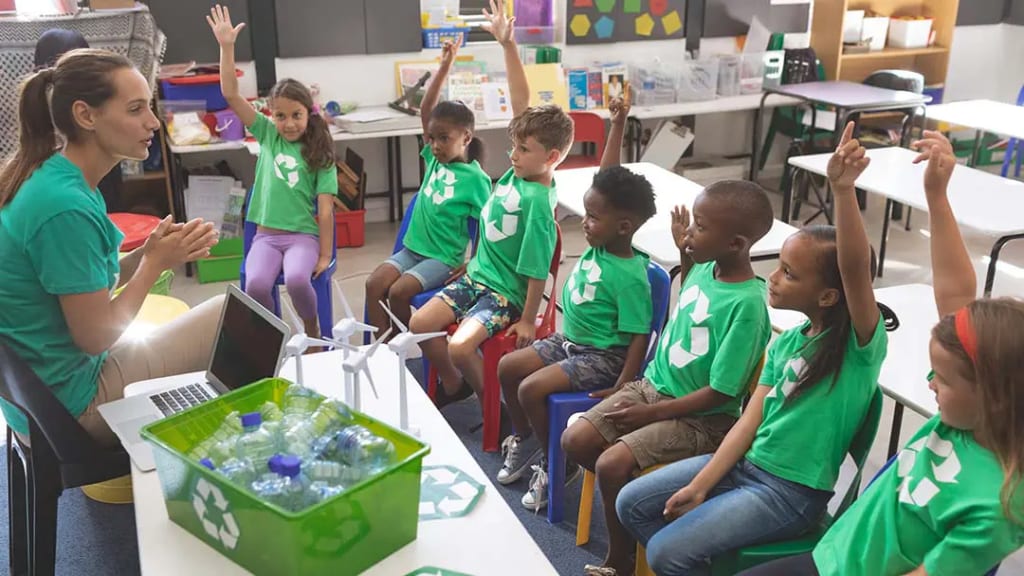The Evolution of Pedagogical Theories and Practices in Higher Education
Understanding the Significance of Pedagogical Evolution

In the realm of higher education, the evolution of pedagogical theories and practices holds profound significance. As the landscape of learning continually shifts, understanding the dynamic nature of pedagogy becomes crucial for educators and institutions alike. This article explores the journey of pedagogical evolution and the importance of adapting teaching approaches to meet the diverse needs of learners.
Traditional Pedagogical Theories
1. Classical Pedagogy
Classical pedagogy, rooted in ancient educational philosophies, emphasizes a teacher-centered approach to learning. In this model, the teacher serves as the primary authority figure, imparting knowledge and maintaining discipline within the classroom.
2. Behaviorism
Behaviorism, popularized by psychologists like B.F. Skinner, focuses on observable behaviors and external stimuli in learning. Operant conditioning principles shape teaching methods, with rewards and punishments used to reinforce desired behaviors.
3. Cognitivism
The cognitive revolution introduced by scholars like Jean Piaget and Lev Vygotsky shifted the focus to internal mental processes in learning. Cognitivist theories highlight information processing, memory, and problem-solving as central aspects of education.
4. Constructivism
Constructivism places emphasis on active learning and student-centered instruction. According to theorists like Piaget and Vygotsky, learners construct knowledge through interaction with their environment, peers, and experiences.
Modern Pedagogical Theories
1. Connectivism
Connectivism acknowledges the role of technology and networks in shaping learning. In the digital age, learners access information through online platforms, social media, and collaborative tools, leading to a distributed model of knowledge creation.
2. Experiential Learning
Experiential learning emphasizes the importance of reflection and hands-on experiences in education. By engaging in real-world tasks and activities, students gain practical skills and deepen their understanding of course concepts.
3. Social Learning Theory
Social learning theory, proposed by Albert Bandura, emphasizes the influence of social interactions on learning. Peer collaboration, group projects, and community engagement foster deeper understanding and knowledge construction.
4. Critical Pedagogy
Critical pedagogy, inspired by Paulo Freire, challenges traditional power structures in education and promotes social justice and empowerment. Through critical reflection and dialogue, students become agents of change in society.
Current Trends and Innovations
1. Online and Blended Learning
The rise of online education platforms has transformed the higher education landscape, offering flexibility and accessibility to learners worldwide. Blended English Support learning approaches combine traditional face-to-face instruction with online resources, catering to diverse learning preferences.
2. Gamification
Gamification integrates game design elements into educational activities, enhancing student engagement and motivation. By incorporating challenges, rewards, and progress tracking, educators create immersive learning experiences that captivate learners.
3. Personalized Learning
Personalized learning tailors educational experiences to individual student needs and interests. Adaptive learning technologies analyze student performance data to provide customized learning pathways, promoting mastery and autonomy.
4. Culturally Responsive Teaching
Culturally responsive teaching recognizes the diverse backgrounds and experiences of students. By incorporating culturally relevant content, instructional methods, and assessment practices, educators create inclusive learning environments that honor students' identities and perspectives.
Online Education in the UK
1. Growth of Online Learning Platforms
The UK has witnessed a surge in the popularity of online learning platforms, offering a wide range of courses and qualifications. Institutions like the Open University have pioneered distance learning, making education accessible to learners of all backgrounds.
2. Government Initiatives
The UK government has actively promoted online education through initiatives such as FutureLearn and the Digital Skills Partnership. These programs aim to address skills gaps, enhance digital literacy, and support lifelong learning opportunities for individuals across the country.
3. Accreditation and Recognition
Online degrees and certifications offered by UK universities are increasingly recognized and accredited, providing learners with credible qualifications that are valued by employers. The Quality Assurance Agency for Higher Education (QAA) ensures rigorous standards are maintained in online education delivery.
Conclusion
The evolution of pedagogical theories and practices in higher education reflects a journey of adaptation and innovation. As educators navigate the complexities of teaching and learning, embracing diversity, technology, and student-centered approaches becomes imperative for fostering meaningful educational experiences. By continually evolving and refining pedagogical strategies, educators can empower learners to thrive in an ever-changing world.
About the Creator
olivia roy
I am experienced educator and academic writer specializing in MBA dissertation help. With a passion for guiding students through their academic journeys,
Enjoyed the story? Support the Creator.
Subscribe for free to receive all their stories in your feed. You could also pledge your support or give them a one-off tip, letting them know you appreciate their work.






Comments
There are no comments for this story
Be the first to respond and start the conversation.